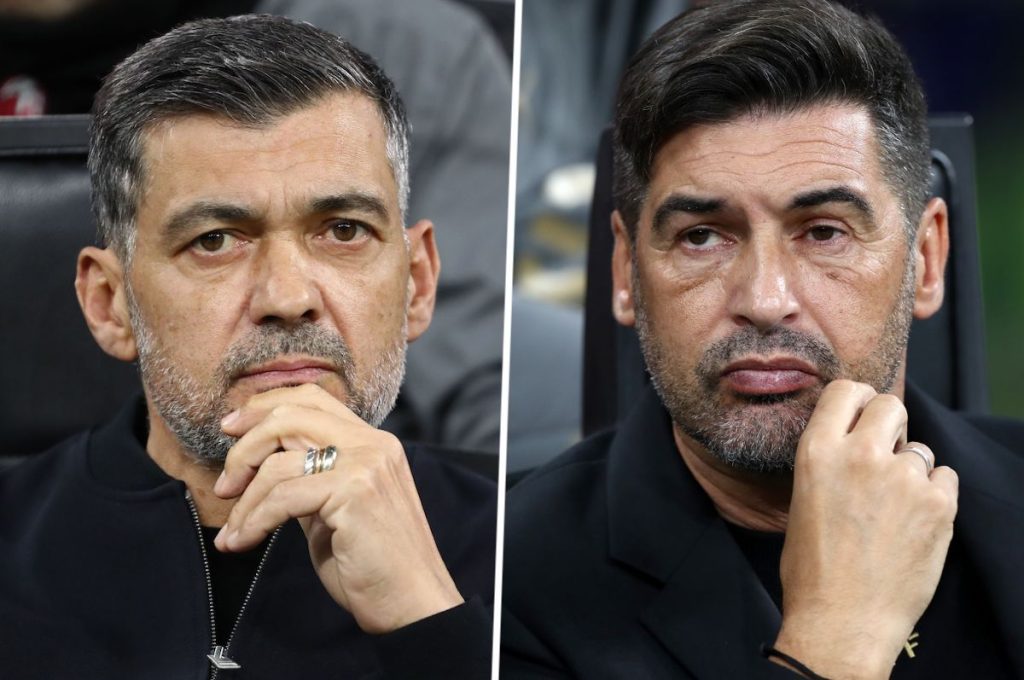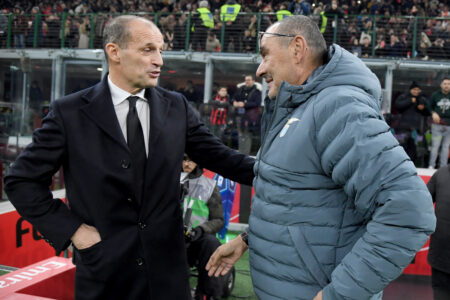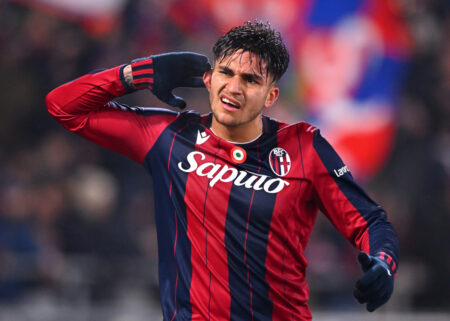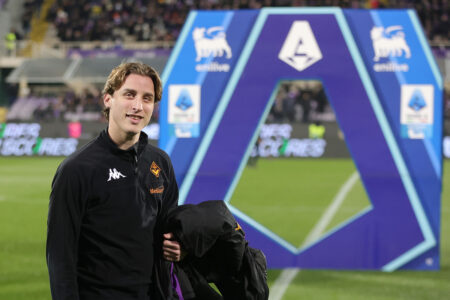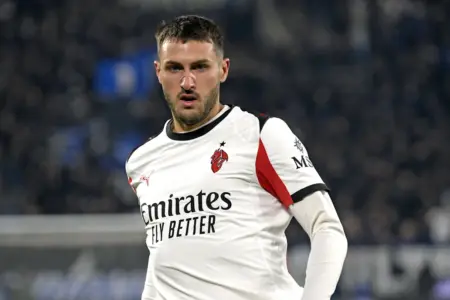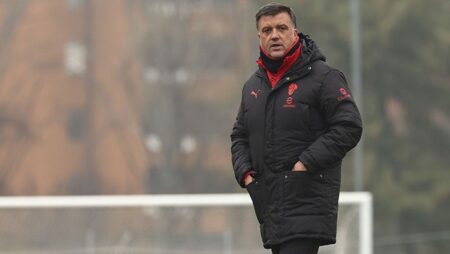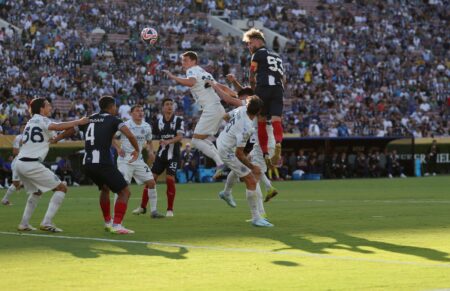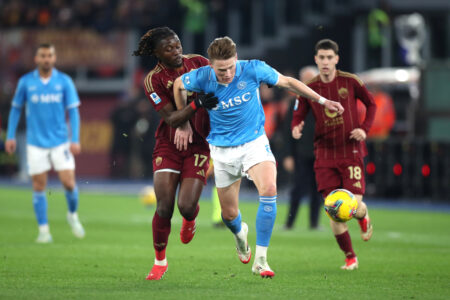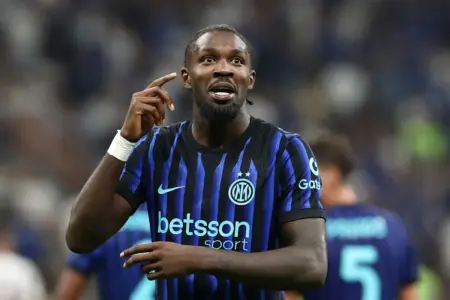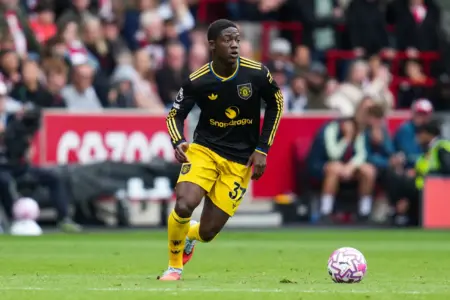Worrying Decline: AC Milan’s Season Under Fonseca and Conceicao
AC Milan’s decision to replace Paulo Fonseca with Sergio Conceicao in January 2024 was a bold move, driven by the club’s urgent need to secure a Champions League spot. Fonseca, who had taken over from Stefano Pioli mid-season, was tasked with maintaining the Rossoneri’s high standards and leading them to a successful conclusion of the 2023-2024 Serie A campaign. However, his tenure was short-lived, lasting only 24 games across all competitions. Despite initial optimism, Milan found themselves slipping further away from the top four, a concerning trend that prompted the club’s leadership to make a change.
Fonseca’s Brief Tenure: Mixed Results
Paulo Fonseca’s tenure at AC Milan was marked by a series of mixed results. In Serie A, he managed 17 games, averaging 1.59 points per game. This is a respectable figure, especially considering the mid-season transition he faced. Fonseca’s team scored an average of 1.5 goals per game and conceded 1 goal per game, indicating a relatively balanced side. However, the pressure to secure Champions League qualification loomed large, and the lack of consistency in results began to take a toll. The club’s leadership felt that a new approach was necessary to arrest the decline and reinvigorate the team’s performance.
Conceicao’s Initial Success: Winning the Supercoppa Italiana
Sergio Conceicao arrived with high hopes and a strong track record, having achieved significant success with Porto in Portugal. His first major test came in the form of the Supercoppa Italiana, where he triumphed in his second game in charge. This victory was a promising start and seemed to signal a positive shift in Milan’s fortunes. The club backed him with an ambitious winter transfer window, bringing in five new signings to bolster the squad and push for a top-four finish. These reinforcements were seen as crucial in helping Milan achieve their goals, but the reality has been starkly different.
Steep Decline Under Conceicao: A Tense Atmosphere
Despite the initial optimism, AC Milan’s performance under Conceicao has taken a significant downturn. In Serie A, the team has played 10 games under the Portuguese coach, averaging just 1.40 points per game. This decline is reflected in the goal statistics as well, with Milan scoring an average of 1.3 goals per game and conceding 1.3 goals per game, a clear step back from Fonseca’s tenure. Conceicao’s hardline approach with the squad, focusing on discipline and intensity, has created a more difficult and tense atmosphere within the club. The pressure on the players to meet his high standards has arguably contributed to a loss of confidence and cohesion on the pitch.
Challenges Beyond the Pitch: Club Climate and Protests
The challenging climate within the club is not solely a product of Conceicao’s managerial style. The wider environment around AC Milan has been marred by protests and unrest from fans and other stakeholders. These external factors have created additional stress for the players and coaching staff, making it even more difficult to focus on performance and results. The collective uncertainty and dissatisfaction have had a palpable effect on the team’s morale and overall atmosphere, contributing to the season’s collapse. The feeling among many is that Milan is at risk of a continued vertical decline, a worrying prospect for a club with such a rich history.
Looking Forward: Navigating the Crisis
As AC Milan finds itself in ninth position in Serie A, the club and its fans are grappling with a sense of frustration and disappointment. The numbers clearly show a decline in performance, and the atmosphere within the club is far from ideal. However, there is still time to turn things around, and the club will need to find a way to navigate this crisis. This may involve a more collaborative approach with players, addressing the external protests, and possibly reevaluating the tactical and strategic direction under Conceicao. The road ahead is fraught with challenges, but the resilience and determination that have defined Milan’s history may yet help them rise from this difficult period.

